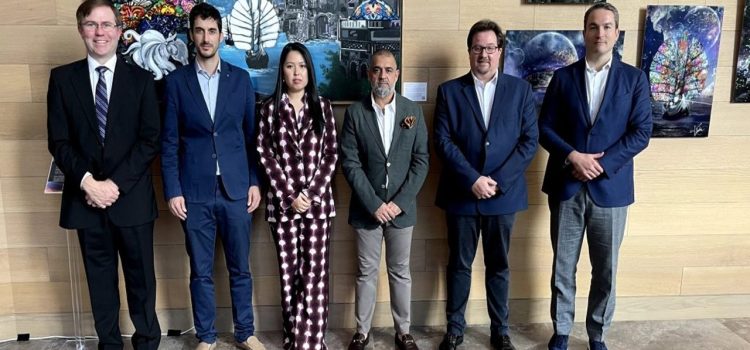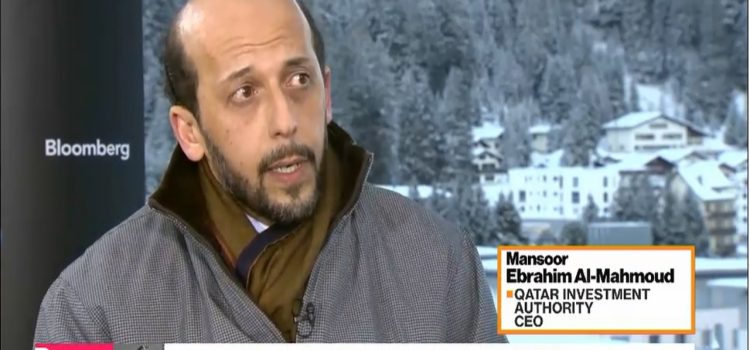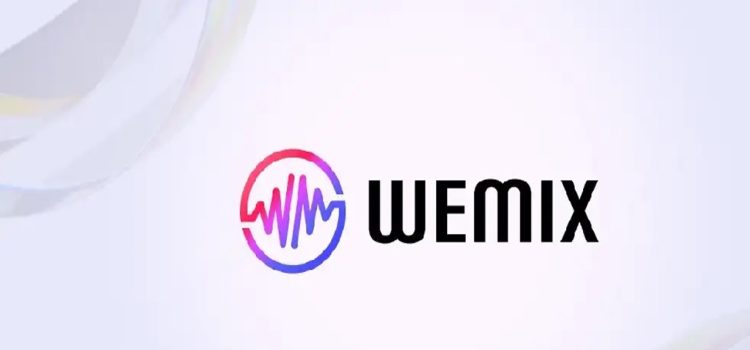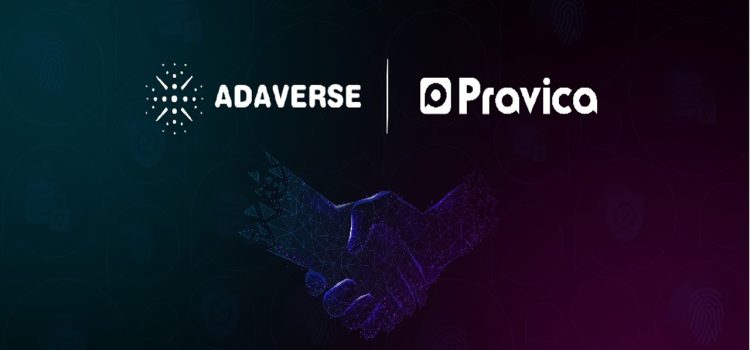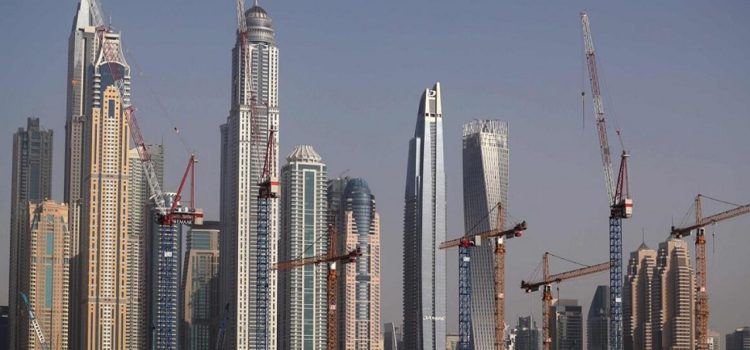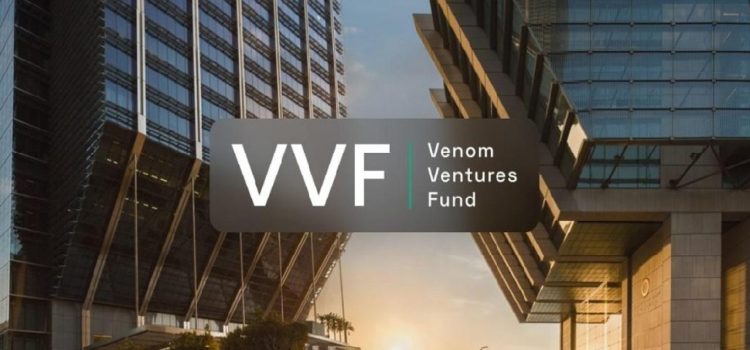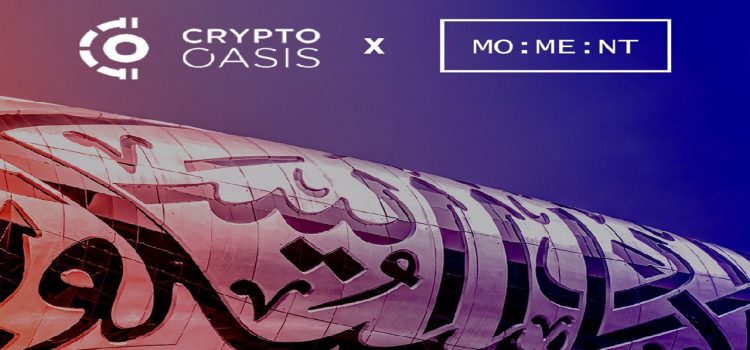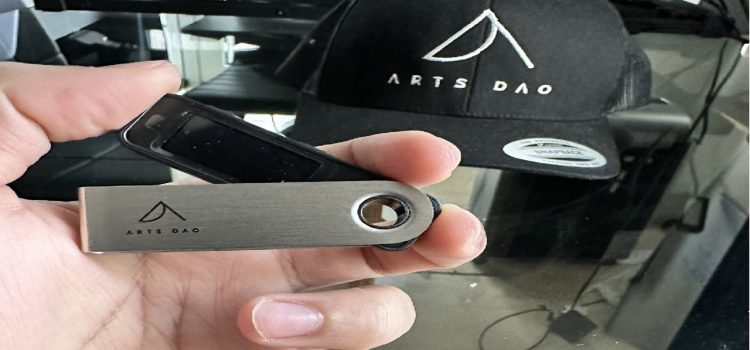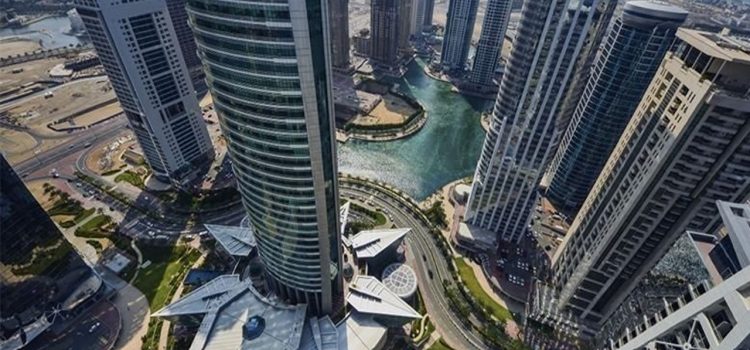
According to a Crypto Oasis at the end of 2022 there were 1,650 blockchain and crypto entities in the UAE. Crypto Oasis notes that the ecosystem has been growing faster than previously anticipated.
As per the release, the Ecosystem has witnessed a sturdy 13.8% growth that proves that the Crypto Oasis is expected to continue its robust growth in the coming months as regulators in the region welcome innovation and disruption, making it easier for blockchain-related companies to secure licenses and operate.
At the forefront of this is Dubai Multi Commodities Centre(DMCC) which is home to over 500 of these native Blockchain organizations, representing the largest concentration of crypto and blockchain companies in the Middle East and North Africa (MENA) region.
Crypto Oasis has added 200+ new organizations in Q4 2022 that have brought in 1,300+ new professionals to the burgeoning Ecosystem, bringing the total number of individuals working in this industry to 8,300+. This 19% growth in employment numbers can be attributed to the UAE being a force to reckon with in the global Blockchain landscape. 78.2 percent (approx. 6,500) of these individuals work in native blockchain organizations, i.e. those which are focused on blockchain and related decentralized technologies. 21.8 (approx. 1,800) percent work for non-native companies, i.e. those that offer blockchain related services or products but do not have blockchain as their primary focus.
Ralf Glabischnig, Founder of Crypto Oasis, stated, “We’re thrilled to have identified these new organizations in our ecosystem that are contributing to a diverse community of stakeholders. The possibilities for Web3 technology are vast, from finance and supply chain management to gaming and social media. However, as it’s a relatively new and emerging technology, its full potential hasn’t been reached yet and the industry is facing challenges such as scalability, security, and user adoption. It’s an exciting and rapidly evolving field to watch and we’re eager to collaborate and learn from each other as we work to improve Web3 and decentralized technologies.”
“The UAE is the perfect amalgamation of Talent and Capital built on a world class Infrastructure,” said Saqr Ereiqat, Co-Founder of Crypto Oasis. “The Ministry of Economy (MoE) has become one of the first Government entities in the world to be active in the metaverse. In 2022 the MoE published its Digital Economy Strategy which aims to double the contribution of digital economy from 9.7% to 19.4% in the next decade. The inception of regulators like VARA and various industry events like the Abu Dhabi Finance Week and Dubai Fintech Week, as well as the launch of the Dubai Economic Agenda “D33″, demonstrate UAE’s commitment in taking an active step to becoming the center of digital economy globally.”









